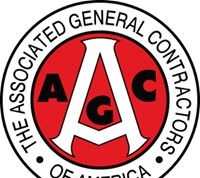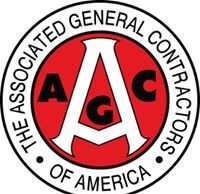HOUSE PASSES RESOLUTIONS OF DISAPPROVAL ON EPA POWER PLANT RULES
WASHINGTON, D.C. – December 02, 2015 – (RealEstateRama) — Congressman Kevin Cramer announced today the U.S. House of Representatives passed two resolutions of disapproval relating to the Environmental Protection Agency’s (EPA) carbon dioxide rules. S.J. Res 23, is a resolution of disapproval for the final 111(b) rule for new electric power plants and S.J. Res. 24, is a resolution of disapproval for the final 111(d) rule for existing electric power plants. Under the Congressional Review Act (CRA), Congress may introduce and pass resolutions of disapproval to overturn certain agency actions. The resolutions are subject to Presidential veto.
Cramer is a co-sponsor of H. J. Res. 71 and H. J. Res. 72, similar resolutions of disapproval in the House. Both of them were approved by the House Energy and Commerce Committee on Nov. 18. Cramer is a member of the committee.
“The administration’s extreme environmental positions are surprising when one considers North Dakota already has some of the nation’s cleanest air, while producing some of the nation’s most affordable electricity from coal,” said Cramer. “The EPA’s regulations will cost thousands of North Dakotans their jobs and devastate our state’s economy as well as undermining the ability of the electric grid to meet our energy needs. The EPA’s regulations require North Dakota reduce carbon dioxide emissions by an impractical 45 percent. This is dramatically higher than the 11 percent reduction proposed in the initial rule.”
Cramer spoke in favor of the resolutions on the floor of the House of Representatives. View his comments by clicking on the image below.
On Oct. 23, 26 states filed legal challenges in the U.S. Court of Appeals for the District of Columbia challenging the final rule for existing power plants. North Dakota has filed its own separate lawsuits attempting to overturn the final rules for new and existing power plants.
In separate legislation on June 24, the House passed the Ratepayer Protection Act (H.R. 2042) which would ensure that states do not have to comply with the President’s national energy tax until it is proven that it is legal. The House has also taken additional steps to curb the Administration’s excessive red tape and protect small businesses and manufacturers, including the REINS Act (H.R. 427) and the Regulatory Accountability Act (H.R. 185). These bills are still awaiting action by the U.S. Senate.

















